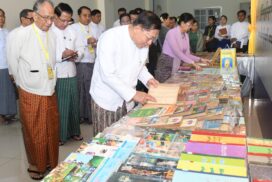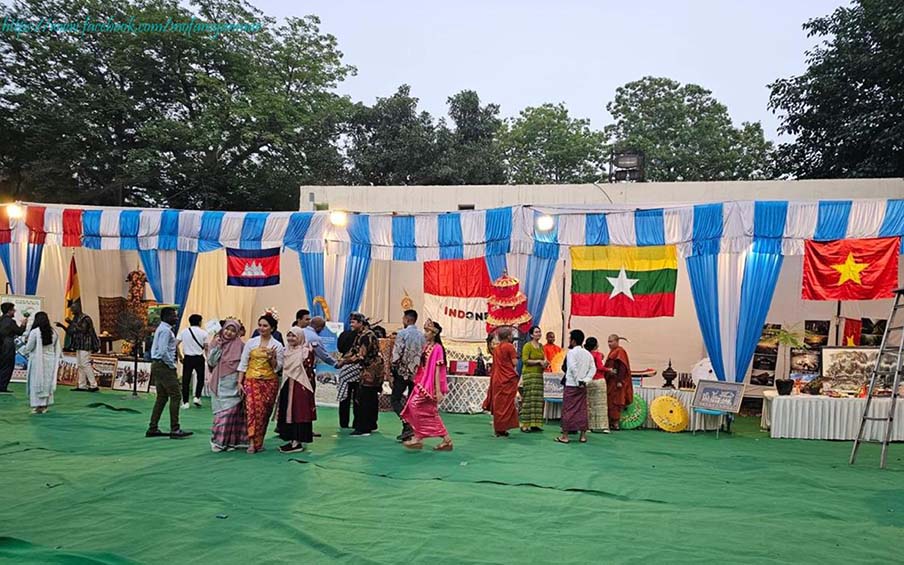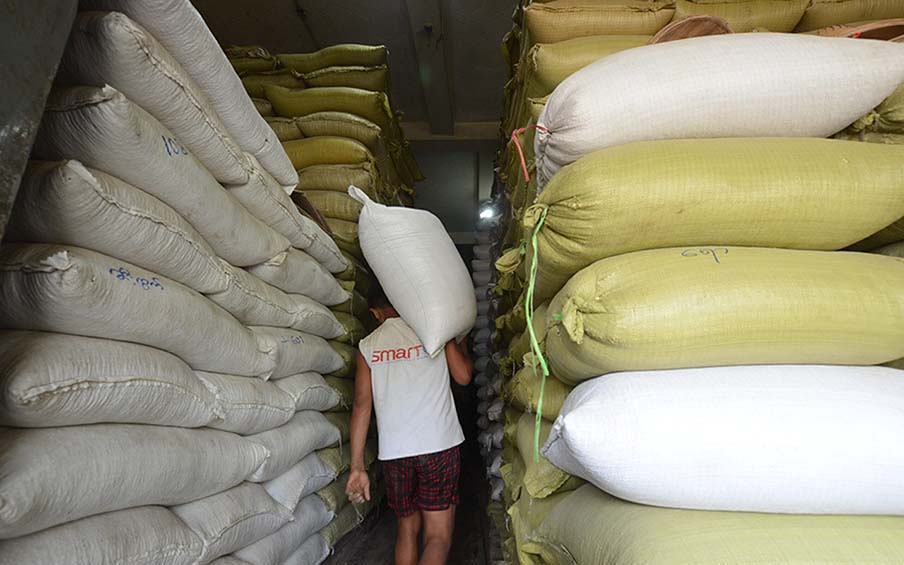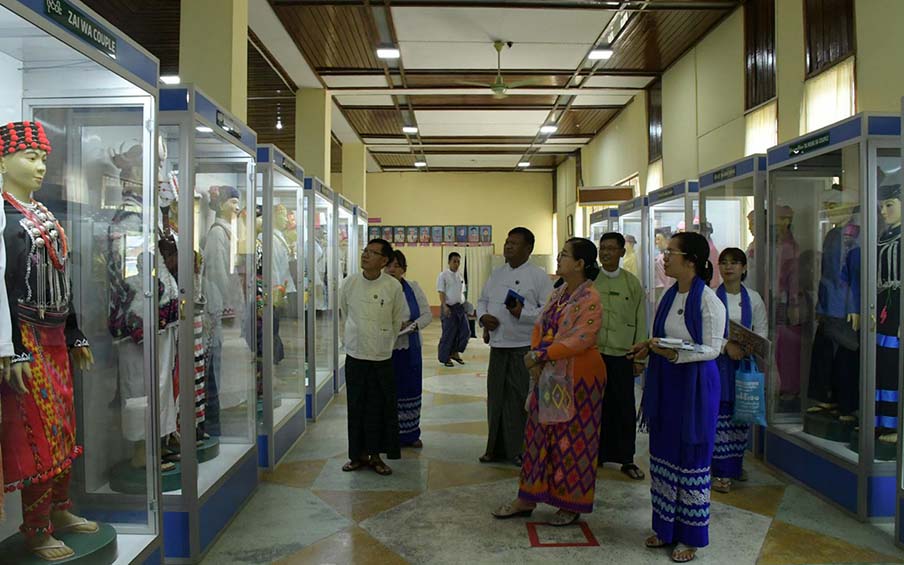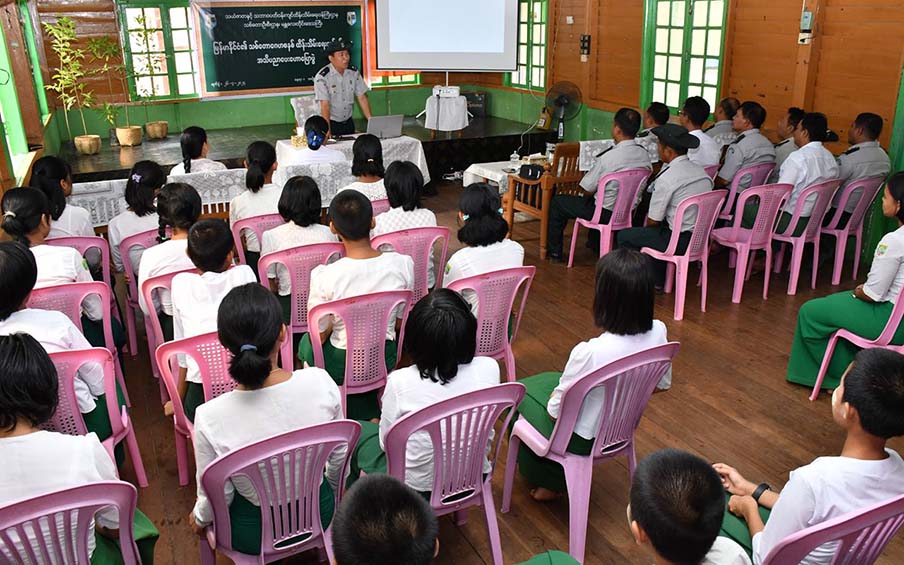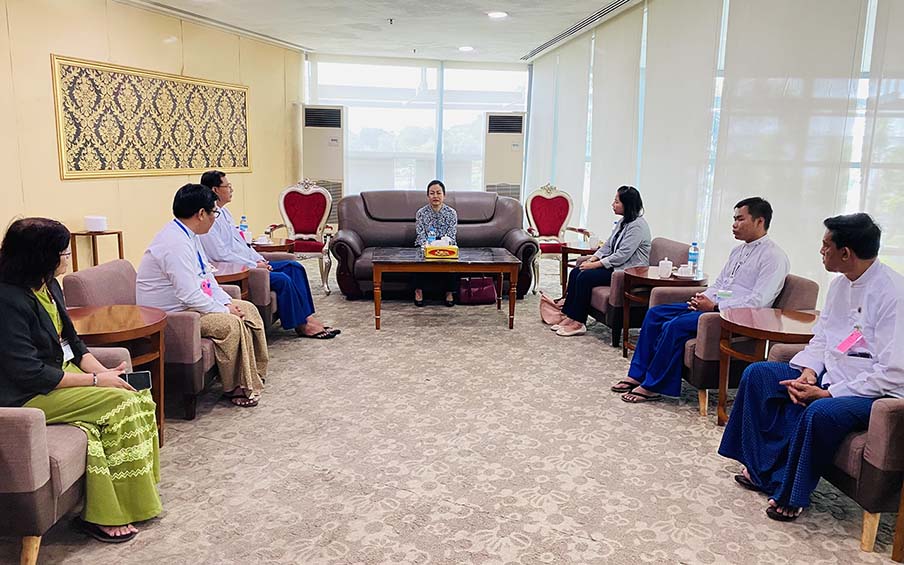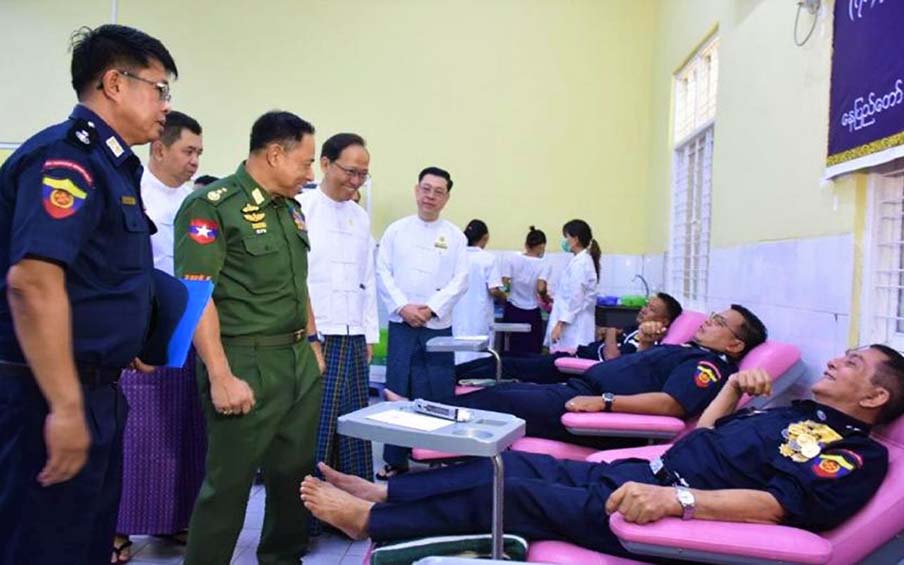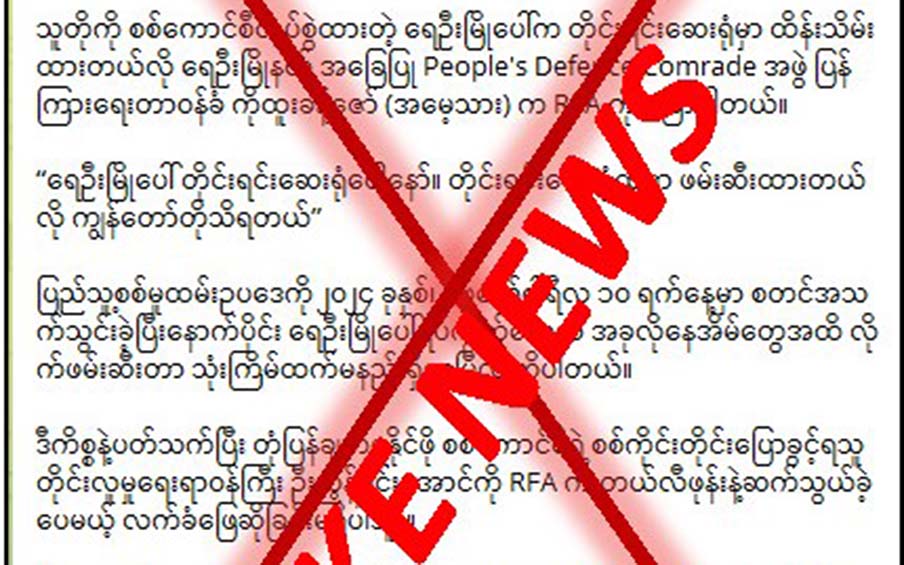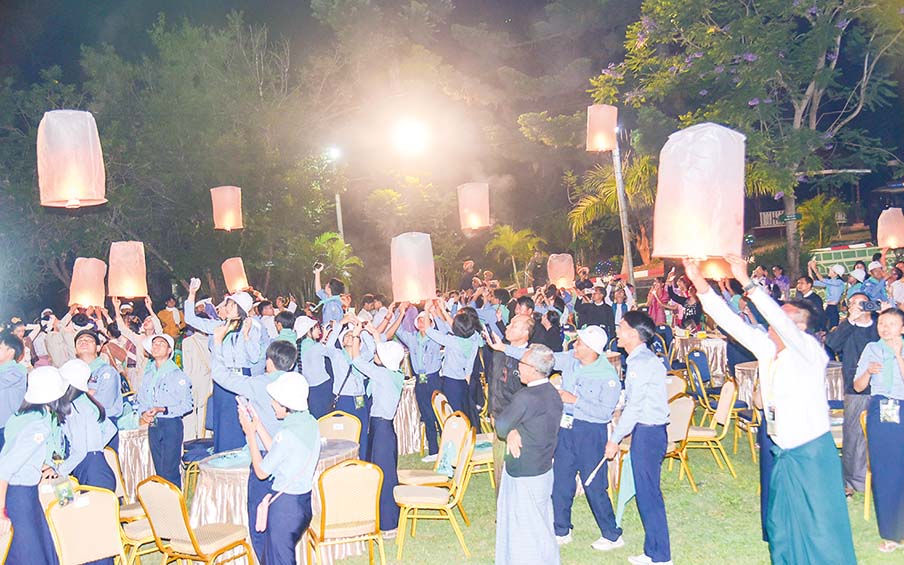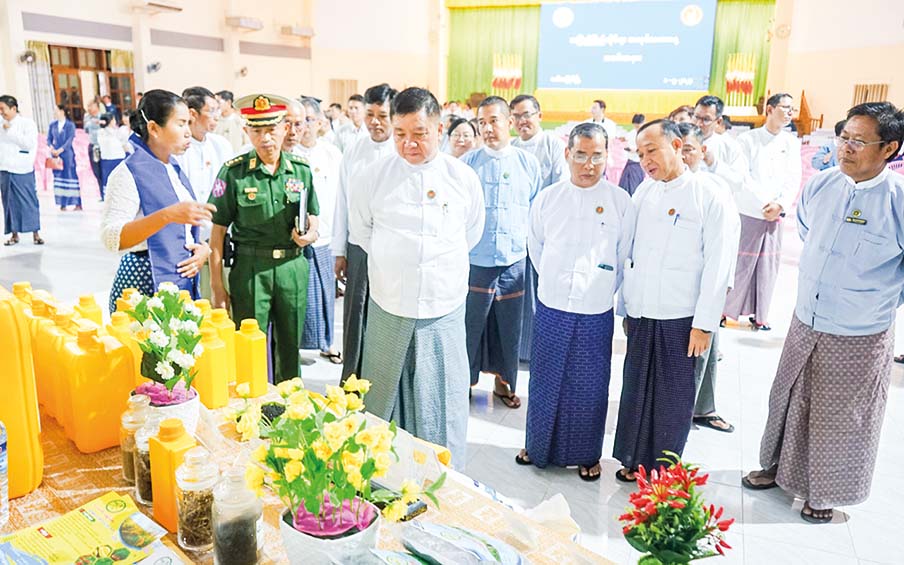By Win Sein
In Myanmar, family life is a major part of the culture and heritage of our people. They tend to live near each other in the village and are very close and supportive. Children who get off to work in large cities and return home on a regular basis. A trait is similar to nearby countries such as Thailand and Viet Nam. The influence of Buddha’s teachings has handed down the good qualities of, respect for parents, and others like being humble and honest.
Nowadays, in Myanmar, sadly to say, the situation has turned Myanmar upside down to a 90 degree, the very new generations of youths have adopted a new what not free-thinking or free society philosophy, have made most of the youths ruthless, outspoken, and acting wildly with no concern whatsoever for others in public in a very bad manner. This may be contributed by parents to sons and so on and on, so much so, it turned out so bad that has become an ugly criminal stage like cases involving the killing of parents, monks, teachers and all others.
Myanmar people may be called the “most unsatisfied people” in the world. Conflicts among each other are very common even far back in history during the time of as soon as our Bogyoke Aung San had signed the Panglong Agreement in 1947, to retain peace in the whole country, but to our dismay, many political parties deviated from the ruling government, many national races have opposed the central government and gone into exile as insurgents. These conflicts have been going on even after many times of military taking over of the government., this may have contributed to the emergence of present antagonism between the ruling government and the general public (comprising of all national races). This tug-of-war involving the general public will create a widespread commotion in the country. if not lessened by the agitations from both sides would turn out into greater magnitude with no control at last.
Why can’t we, the general public and the ruling government, come to a round table to resolve all our difficulties at one sitting after another? Instead of killing each other, involving the loss of lives of brothers and sisters, private properties, and infrastructures of development projects.
If we want to catch up with our neighbouring countries like Singapore, Malaysia, Viet Nam, Indonesia and Laos. Unless we should resolve ourselves with each other by standing on a common platform, talking over our difficulties with patience and compassion on each other, then should we be able to dismantle the straightjacket that has choked us helplessly for a long long time. Then we may now be able to breathe in the free air with no strings attached to launch our many projects for development in the future.




